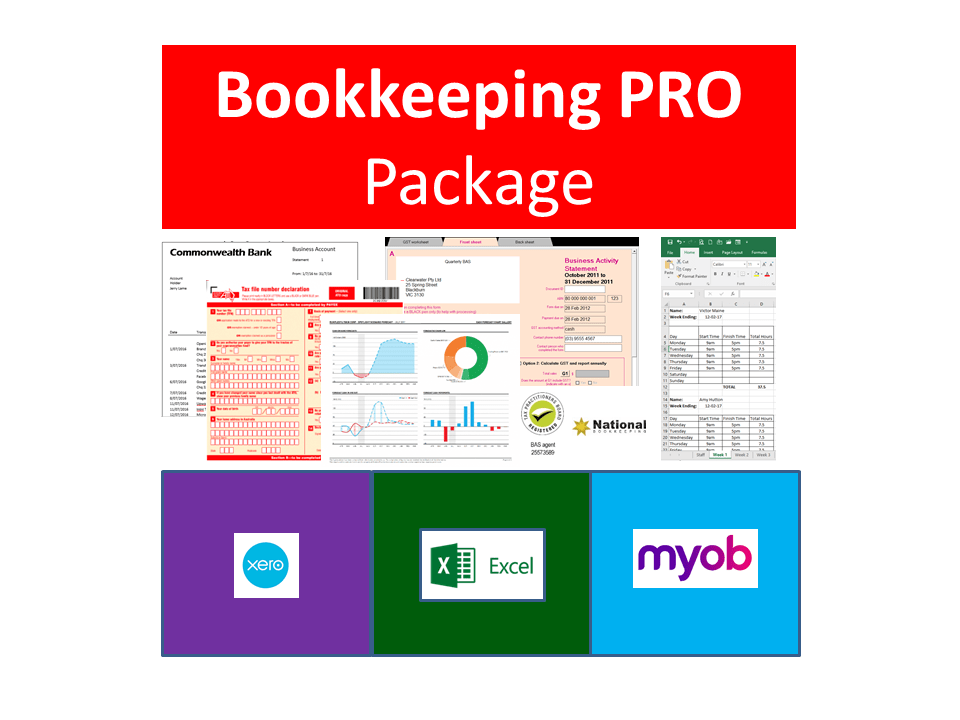Why you should require your bookkeeping clients to comply with your Terms of Trade
In the excitement of bringing a new bookkeeping client on board, it’s important to keep your feet on the ground and consider some of the practical and legal implications of entering into a new trading relationship – particularly if you are giving them credit to pay your invoice later.
A Terms of Trade Agreement is not mandatory by law, however it is advisable that you provide one to your clients and gain their formal agreement so that both your business and your client are protected if things go wrong.
What Is a Terms of Trade Agreement?
A Terms of Trade Agreement is a document that regulates the terms and defines the conditions of an ongoing trade relationship between a supplier and customer. It offers transparency to help you minimise the risk of conflict by providing a point of reference if conflict does arise.
When a business enters into a trade relationship without appropriate legal protection, they leave themselves open to liability down the track. For this reason, it is good business practice to ensure that all clients formally acknowledge this agreement before the commencement of services.
What Is Included in a Terms of Trade Agreement?
A Terms of Trade agreement should clearly define the following:
- Description of services to be provided
- Duration of the relationship
- Rate of payment
- Method of payment
- Liabilities arising from non-performance or failure to provide services
- Breach of contract
- Termination and cancellation clauses
- Actions to carry out in unforeseen circumstances
Does a Client Have to Agree to a Terms of Trade Agreement?
A Terms of Trade Agreement is a legally binding contract between your bookkeeping business and your clients. It states the client’s rights and the guidelines and rules they have to follow and must agree to, in order to get access to your bookkeeping services. Although not mandated by law, you have the right to ask your clients to accept your terms prior to the commencement of services.
A contract between clients and small businesses must adhere to the guidelines set by the Australian Consumer Law.

Methods of Capture
By providing various options for clients to accept your Terms of Trade, you need to make it as easy as possible for them to comply.
Here are the most common methods for gaining agreement:
Terms of Trade on your Website
You can create a dedicated Terms of Trade page on your website and include the link in the footer. In addition to outlining the terms and conditions here, you have the option to embed a document that your client can download and sign.
Form Checkbox
An ‘Agree to Terms and Conditions’ checkbox protects your business by requiring that users acknowledge the rules they must abide by when using your services. It may be presented as a pop-up when a user first enters a website or begins using a service.
Note On Quote
You can add a note on to a written quote for your bookkeeping services that requires a signature from the client.
Create a Customised Quote Using Xero
Xero allows you to modify your quote template and add Terms of Trade by following these steps:
- Create a new branding theme in Custom Settings < Invoice Settings
- Download and open the Quote template.
- Modify as required and rename it. For example, ‘Custom Quote’.
- Navigate back to the new branded theme and upload the new template.
- When you do a quote this template will be available to use from a pick list.
Online Terms of Trade Templates for Bookkeepers
There are a number of Terms of Trade templates available online that are specifically designed for bookkeepers. Some of these are free and others may incur a small cost.
Check these sites to find out which template is best suited to your business:
- Signaturely – free template
- Lawpath -first document is free
- Netlawman – $49
What Happens if You or Your Client Breaches the Terms of Trade Agreement?
If either party does not perform one of their contractual obligations, they will be in breach of the contract. A breach of contract may entitle the innocent party to terminate the agreement in certain circumstances. Once a contract has been terminated, you may be able to release yourself from contractual obligations.
Giving Notice
Your agreement should stipulate the amount of notice that is required to terminate the relationship and how the notice should be given (i.e. in writing or verbally).
Liability
Your Terms of Trade agreement should state whether early termination or cancellation clauses apply. For example, payment must be made for all services rendered up to the date of termination. Penalty fees may be levied to compensate for any genuine loss that either party may incur as a result of early termination.
Summary
Although a Terms of Trade Agreement is not legally required, it is definitely worth taking the time to set up so that you can protect your bookkeeping business from unforeseen conflicts and potential abuse.
Explore the Methods of Capture listed above and choose the options that are easiest for you to administer, and which facilitate better compliance from your clients. You’ll be thankful you did.
Start Your Own Bookkeeping Business
Enrol in our Xero Professional Training Course Package today:
https://computertrainingonline.com.au/product/xero-professional-training-course-package/
Online Business Training Courses
Learn to create a marketing strategy, set some goals, implement your marketing and measure your success with these online business courses.








